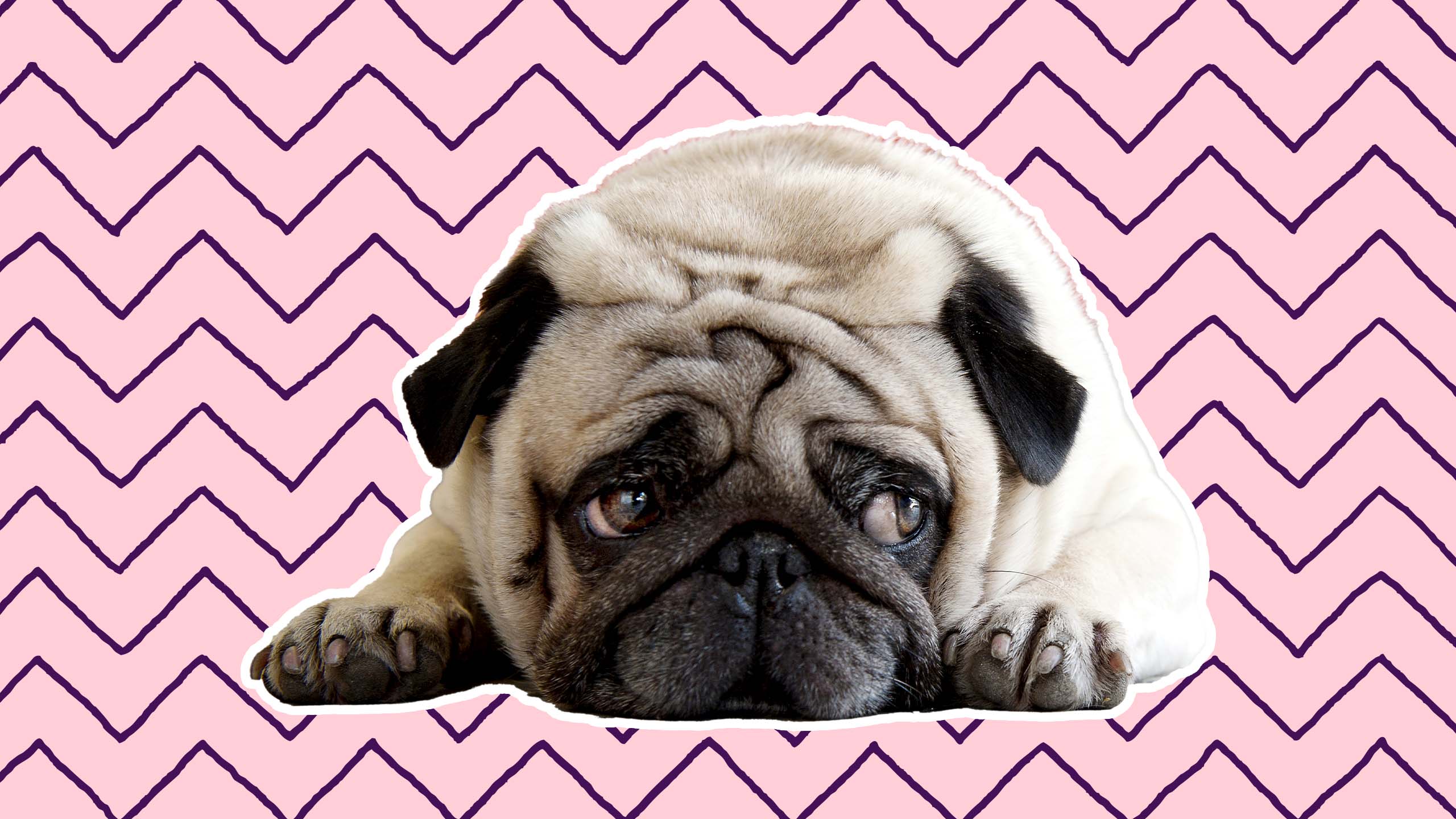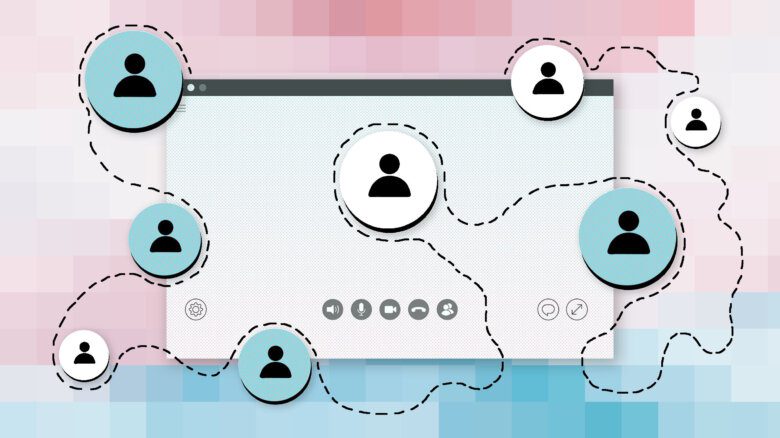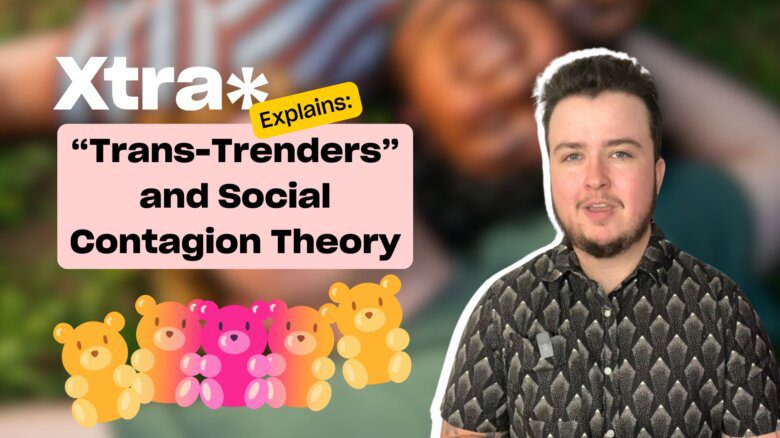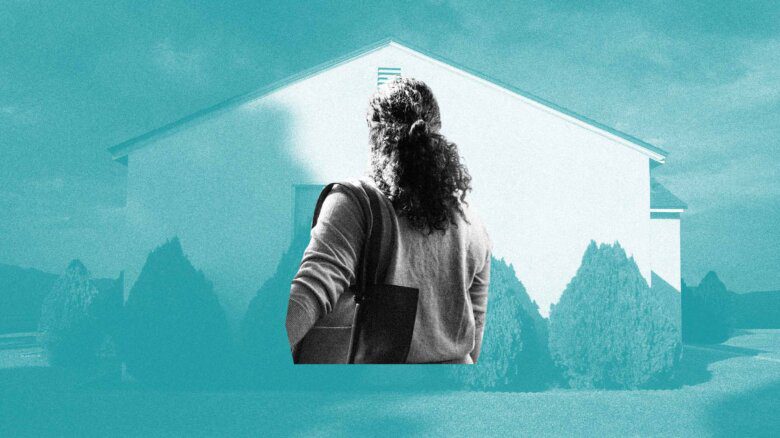“Ask Kai: Advice for the Apocalypse” is a column by Kai Cheng Thom to help you survive and thrive in a challenging world. Have a question? Email askkai@xtramagazine.com.
Dear Kai,
I’m a trans man, but I don’t want to transition or live socially as a man. My journey with gender is complicated. I spent the better part of my life forcing myself to be a woman—or to act the way I assumed “normal cis women” (whatever that means) acted—in part because of abuse I suffered as a child. I experimented with transitioning as an adult, but it didn’t go well. I came out as trans in 2014 and started medically transitioning a few years later, but this didn’t help. The effects of testosterone seemed to exacerbate my depression, and having to explain my gender to peers, health professionals and college professors I didn’t trust made it worse. My family wasn’t accepting and treated being trans as a by-product of “bad mental health.”
I went back to using my birth name in early 2020, and started to consider what gender means to me. Nowadays I’m in a much better place. I’m slowly building a better relationship with myself, and I’m also more aware of the impacts trauma has in my life. My support network includes friends whom I trust and feel safe with, and I’m also in a wonderful romantic relationship.
Having been through all these changes made me realize that I’m not a woman. The problem is that I don’t feel like transition is right for me. Not only because of emotional health (since sex hormones, whether testosterone or estrogen, severely destabilize me), but also because my family wouldn’t take it well. I’m also a public school teacher, and I fear for my employment status and my general safety. I do plan to come out to my partner and a few close friends, though.
Am I a coward for choosing to live like this? Will people, especially queer people, think I’m deceiving them, or that I’m untrustworthy? I worry that I wouldn’t be seen as “trans enough” in transmasculine spaces. I feel like I owe it to my friends and community to be out, but I’m not ready for that, and I don’t think I will be in the foreseeable future.
Allowing myself to be “selectively closeted” feels like I’m betraying myself and the people I love. I know I can change my mind about transitioning and being closeted any time, but I feel like I’m a horrible person for not wanting to do that right now. How can I forgive myself?
Closeted in Limbo
It is not you who needs to be forgiven—it’s the world that has failed you. It is a serious injustice that you experienced so many barriers to simply living your life as your most authentic self—whatever gender identity and expression you most strongly resonate with in the moment. It is not your fault that the people you needed the most support from were not able, or perhaps not willing, to offer you that support. You deserved better. You still do.
In the event that no one closer to you offers the apologies I think you deserve to hear: I am so sorry that you have had to live through such pain and turmoil, and for so many years. I am sorry that you experienced abuse as a child, and for the impacts that it had on your life growing up. That is not something any child should have to go through. I am sorry that testosterone made things worse for you, and that there were no other, more suitable, medical options offered to you because the medical-industrial complex has never prioritized or understood gender-affirming healthcare.
I am sorry that you had to explain your gender to your health professionals and college professors when they were the ones who were being paid to care for and educate you. I’m sorry that your peers didn’t understand when peers are supposed to be the ones who get it. And I am so sorry that your family wasn’t accepting when all you were asking for was to be loved.
When it comes to your life path through gender, Closeted, I wish that there were more options available to you than “transition and expose yourself to physical and/or social risk” and “don’t transition and feel like you are betraying yourself and your community.” This isn’t a fair choice; it’s a double bind created by a transphobic social system.
I believe that gender exploration is a vital part of human development for most, if not all people—including cisgender people. Not everyone needs or wants to transition, of course, but most people do experiment with and adapt their gender expression over the course of their lifetimes. Unfortunately, as soon as gender exploration pushes past cisgender norms and enters the realm of transness, it gets labelled as a problem in need of a solution. That solution is all too often about fitting back into the box of gender norms in one way or another. Something I wish we talked about more openly in the trans community is how transition is so often sold to us as a one-size-fits-all, one-way journey rather than a constantly evolving process that is as unique to each person as a fingerprint.
Hormone therapy isn’t the right choice for every trans person. Perhaps this is because some bodies are simply more prone to the potential side effects of such interventions. Perhaps it is because, as I allude to above, medical science has yet to put significant resources into developing the kind of highly nuanced, personalized treatment protocols (and training healthcare providers to use them) that might best serve trans folks who don’t respond well to the standard first-line treatments.
Whatever the case, Closeted, your hormone profile shouldn’t be a prerequisite for acceptance into the transmasculine community, and it makes me both angry and sad that some trans men/mascs might tell you otherwise. We get enough gender policing from cis people. Trans folks don’t need to add to it.
Something I want you and every trans person in the world to know is that your gender identity and expression are for you—they are your business and your birthright. You do not owe anyone a coming out, a transition process or a gender performance. The only important thing about your gender expression is that it is the best possible fit for you at this moment in your life. If that means being “selectively out,” then I believe you should be supported in that.
As you may know, trans and genderqueer people have a long history of being “selectively” in or out. When so-called “cross-dressing” was illegal in various jurisdictions, our people formed secret societies and clubs in which they could be their true selves while carrying on the necessary illusion of “straight” life in the outside world. Here in this secret world, our people danced and made love, they plotted and dreamed and gave birth to the many strands of queer culture as they waited for the right moment to bring a better world into being.
It isn’t good and it isn’t right that you should have to live in the shadows, Closeted. But even though I don’t know you in real life, I speak with absolute conviction when I say that we need you to survive. Too many queer and trans people have lost their lives to homophobia and transphobia, and we cannot afford to lose a single one more. I want you to live, and for you to have all of the peaceful and joyful moments that you can with your partner and your friends. I hope you can spend time with whomever makes you feel both safe and seen, so that the time you spend carrying on the illusion of a cisgender life is not so lonely. You deserve to be safe, to be seen, to have peace and joy in your life, whether or not you are out, while we all fight for a better world for us all.
Stay strong, dear Closeted. I have to believe that the better world is on its way.
Kai Cheng Thom is no longer a registered or practicing mental health professional. The opinions expressed in this column are not intended or implied to be a substitute for professional medical advice, diagnosis or treatment. All content in this column, including, but not limited to, all text, graphics, videos and images, is for general information purposes only. This column, its author, Xtra (including its parent and affiliated companies, as well as their directors, officers, employees, successors and assigns) and any guest authors are not responsible for the accuracy of the information contained in this column or the outcome of following any information provided directly or indirectly from it.


 Why you can trust Xtra
Why you can trust Xtra


